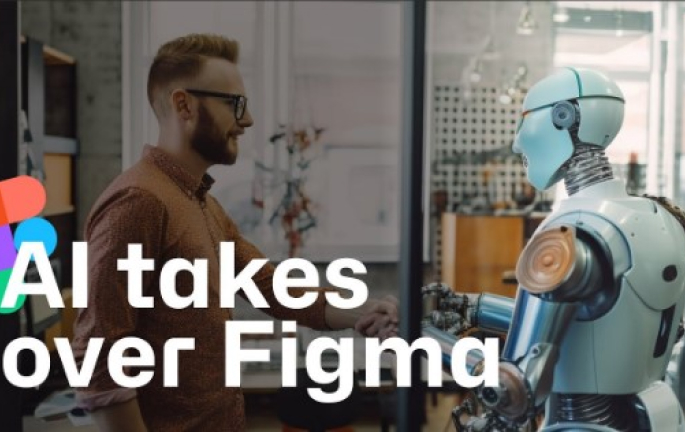
When it comes to creating engaging content for your marketing campaign, one of the most
crucial decisions you’ll face is whether to go with animation or live action. Each medium offers
its unique advantages and challenges, and the right choice largely depends on your campaign’s
goals, target audience, and budget. In this blog post, we’ll explore the benefits and drawbacks of
both animation and live action to help you make an informed decision.
Benefits of Animation
Benefits of Animation
- Creativity and Flexibility
Animation allows for limitless creativity. You can design fantastical worlds, characters, and
scenarios that would be impossible or prohibitively expensive to create in live action. Whether
it’s a whimsical cartoon or a sleek 3D animation, you can tailor visuals to align perfectly with
your brand’s message. - Simplified Messaging
Complex concepts can be conveyed more easily through animation. Infographics, illustrations,
and stylized visuals help break down intricate ideas, making them digestible for a broader
audience. This can be especially beneficial for industries like tech or finance. - Timelessness
Animated content often has a longer shelf life than live action. It can be less influenced by trends
and can remain relevant over time, making it a great option for campaigns aimed at long-term
brand awareness. - Cost-Effectiveness
While high-quality animation can be expensive, it can also be more cost-effective than producing
a live action video, especially when you factor in the costs of actors, locations, and crew. With
animation, you can create multiple assets from a single production.
Drawbacks of Animation
- Perceived Seriousness
Certain industries, particularly those that require a more serious tone (like healthcare or finance),
may find that animation doesn’t resonate as well with their audience. In these cases, the medium
may not convey the gravity of the message effectively. - Emotional Connection
One of the biggest challenges with animation is establishing a genuine emotional connection.While animated characters can be charming, they often lack the authenticity that comes with realactors, which can be essential for building trust with your audience.
Benefits of Live Action
- Authenticity and Relatability
Live action videos can foster a strong emotional connection through genuine human expression
and interaction. This authenticity can be crucial for building trust and rapport with your
audience, especially in industries like hospitality or personal services. - Storytelling Potential
Live action allows for dynamic storytelling, with the ability to showcase real locations and
people. This can create a more immersive experience for the audience, making them feel like
part of the narrative. - Brand Personality
Using real actors can help convey your brand’s personality more effectively. The nuances of
performance can communicate tone and values in ways that animation may struggle to replicate.
Drawbacks of Live Action
- Higher Production Costs
Producing live action content can be significantly more expensive due to the need for sets,
actors, crew, and various logistical considerations. These costs can quickly add up, making it a
less feasible option for tight budgets. - Limited Creativity
While live action can be visually stunning, it does have limitations in terms of creativity. You’re
bound by the laws of physics and reality, which can constrain imaginative storytelling. - Time Constraints
Shooting live action often requires more time for planning, production, and post-production
compared to animation. This can be a critical factor if your campaign has tight deadlines.
So what to choose?
Choosing between animation and live action for your campaign isn’t a one-size-fits-all decision.
Consider your brand’s message, target audience, and budget to determine which medium aligns
best with your campaign goals.
If you’re looking for creativity, simplified messaging, and a timeless appeal, animation might be
the way to go. However, if you need authenticity, relatability, and a strong emotional connection,
live action may be more effective. Ultimately, the best choice is one that resonates with your
audience and effectively communicates your brand’s story.




